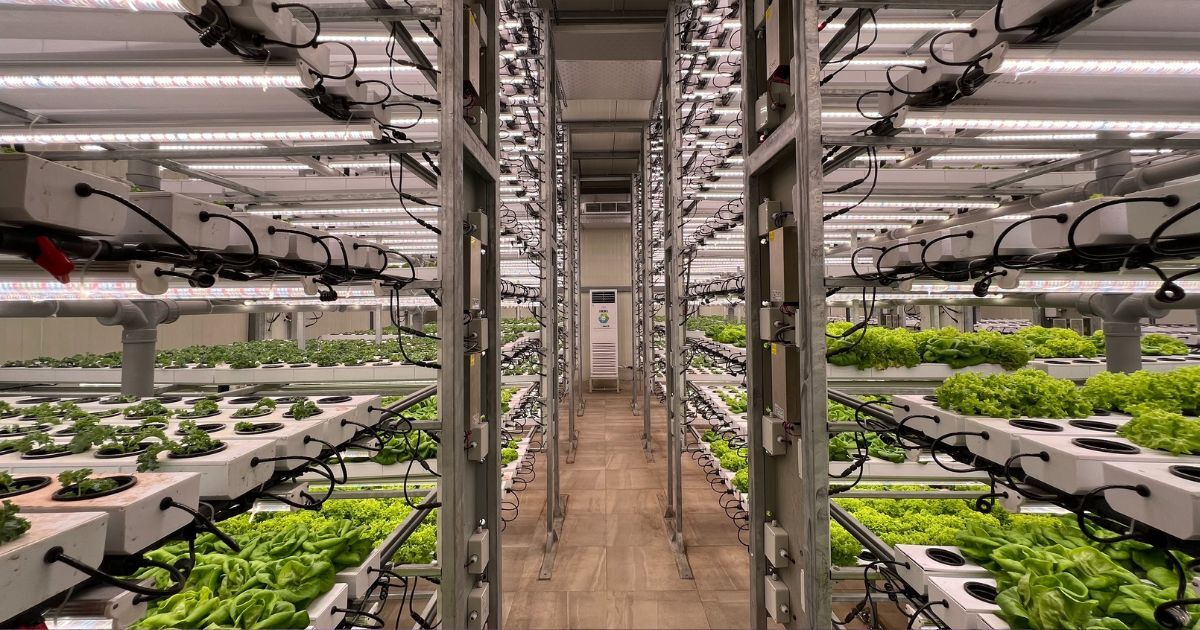ChatGPT : Cours d’autodéfense pour la communauté étudiante et enseignante

Bought on GettyImages. Copyright.
Unless we are living under a rock, we’ve all heard of ChatGPT. While some people are fascinated by its technical prowess, others think it’s something to be wary of. The truth lies somewhere in the middle, according to three engineering research professors at ÉTS. Here’s what they think…
By launching ChatGPT just before the holidays, OpenAI will have achieved a coup that every marketer dreams of—fuelling family dinners and generating noise in the media! ChatGPT, derived from the next generation of AI-powered chatbots, has been gaining popularity worldwide for its ability to generate text, write computer code, and provide a wealth of information on a wide range of topics. Despite the hype, however, many are concerned that ChatGPT will be detrimental to the education of future graduates. Professors Jean-Luc Martel, Richard Arsenault and François Brissette, from the Department of Construction Engineering at École de technologie supérieure (ÉTS), conducted their own research on the matter. Their response is rather nuanced.
Benefits for Personalized Learning
Truth be told, AI can benefit the student community through features that simulate tutoring situations or provide personalized support. For example, it can help them acquire problem-solving skills by providing additional exercises with detailed descriptions of the steps leading to a solution, allowing them to put into practice the theories learned in class. As such, AI can be used to supplement literature and to support the teaching staff when they cannot give their full attention to a person experiencing difficulties in the classroom. These tools can create many exercises tailored to individual needs, but professors must ensure that AI-generated exercises and solutions are error-free.
Better research
In addition, such tools allow students to obtain information and resources, including articles and videos, that can improve their understanding. While a traditional search engine such as Google can do the same, it appears that ChatGPT is more user-friendly and greatly facilitates a tailored search for information. In addition, teachers can use it to develop teaching materials and further develop the content of their courses.
Strong translation and linguistic verification capabilities
Finally, as these tools have strong translation and language verification capabilities, they are helpful in translating a text into one’s native language or a foreign language. Although tools like Google Translate and DeepL can do as much, ChatGPT stands out by correcting, restructuring, paraphrasing and enriching the content of a text in an impressive manner. In other words, when used correctly, these tools can help students improve their writing skills, but they must be careful not to rely on them as a crutch.
Pitfalls of ChatGPT
Despite all these benefits, ChatGPT does have its flaws. Some people might be tempted to write full papers and lab reports based on instructions they fed in the chatbot. Indeed, it is possible to generate a complete text by submitting a list of important elements that you want to address, and then rework the text to give it a more personal flair. Thanks to this little magic trick, the resulting text can be hard to detect by anti-plagiarism software. Consequently, ChatGPT detractors are right in believing that it can encourage intellectual laziness and hinder knowledge acquisition. Furthermore, ChatGPT may invent bibliographic references that are easily verified for accuracy and that may be biased.
Possible misuse
Moreover, ChatGPT can be easily used for online exams, which have become commonplace since the pandemic. To counteract such misuse, faculty should encourage other types of assessments. Oral presentations, printed exams without computer access, or the use of software programs that block access to prohibited tools should be part of their arsenal. We must keep in mind that home exams and dissertation writing also provide fertile ground for this form of cheating. Faculty must therefore be mindful of the paradigm shift and question the validity of certain types of assessments given the accessibility of tools based on artificial intelligence.
Poor computational tool
That said, ChatGPT, like any other AI-based tool, is far from perfect! It has a limited ability to solve calculations, in addition to providing overconfident, incorrect or misleading numerical answers. As AI focused on language processing, ChatGPT lacks computational capabilities. This means that although it can find the correct approach to solve a typical engineering problem, ChatGPT cannot compute. As a result, calculation answers are usually wrong.
Could be used in sharpening critical thinking skills
And while these flaws may be easy to detect for seasoned faculty members, students can be fooled. It is therefore up to the teaching staff to inform them about the advantages and disadvantages of these tools, but also to remind them that caution is still required and that ethics remain an important foundation for any knowledge-seeking person.
After all, the arrival of the Internet and computers once generated the same questioning, and, today, we cannot do without them.
_________________
What is a chatbot?
It is a computer program designed to simulate a conversation with humans. Some chatbots use natural language processing (NLP) to understand and answer questions, while others rely on simple rules or scripts to answer questions with keywords or phrases. There are purely conversational chatbots and others designed to perform specific tasks. Generally, chatbots were developed to facilitate interactions between humans and computers to make information or services more accessible. Of course, ChatGPT is not the only chatbot relying on artificial intelligence and machine learning to improve its capabilities: there are also Netomi and atSpoke, to name a couple.


